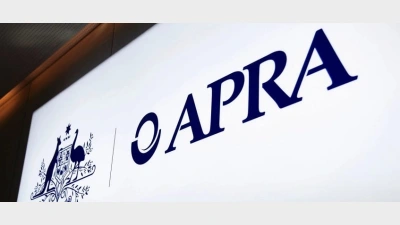Govt urged not to rush new EDR implementation



The Federal Government has been warned against rushing too quickly towards implementing new financial services external dispute resolution (EDR) arrangements under the new Australian Financial Complaints Authority (AFCA).
The Association of Superannuation Funds of Australia (ASFA) has bluntly told the Federal Treasury that the move to the AFCA arrangement risks being compromised because the timeframes were too short.
“ASFA considers that the timeframe for stakeholders to provide input on the consultation material is inadequate given the significant nature of the reforms,” the superannuation body has said in a submission to the Treasury.
It said this was “compounded by the fact that the current consultation package represents only a small part of the total EDR framework, with many important details still to be clarified”.
“We understand the need for an accelerated consultation process stems from the intention that the new Australian Financial Complaints Authority (AFCA) be operational by 1 July 2018. However, we note that it is simply not possible for stakeholders to fully assess the potential implications of the reforms without access to a draft of the terms of reference for AFCA, the constitution documents for the scheme operator, and the ASIC regulatory requirements,” the ASFA submission said.
It said that rather than moving to an EDR framework that represented the best elements of both the current tribunal and ombudsman frameworks, “there is the risk that the current process may mean we end up with an inferior EDR model that adversely impacts stakeholders”.
In ASFA’s view, a more measured and appropriate implementation timeframe would be for the new
EDR arrangements to commence the 30 June or 1 January arising no earlier than 12 months after the
finalisation of all relevant materials.
Recommended for you
A new report from the prudential regulator has revealed super funds can act as both a stabilising force and an amplifier of shocks in an interconnected economy.
CFS has expanded usage of its digital advice product to members of its employer super and FirstChoice super accounts.
Superannuation funds are expanding their activities in the advice space and a leading recruitment firm has shared the typical salaries on offer with three funds namechecked for their attractive offerings.
The council has urged government to avoid shifting ballooning CSLR costs onto 12 million low- and middle-income Australians.









